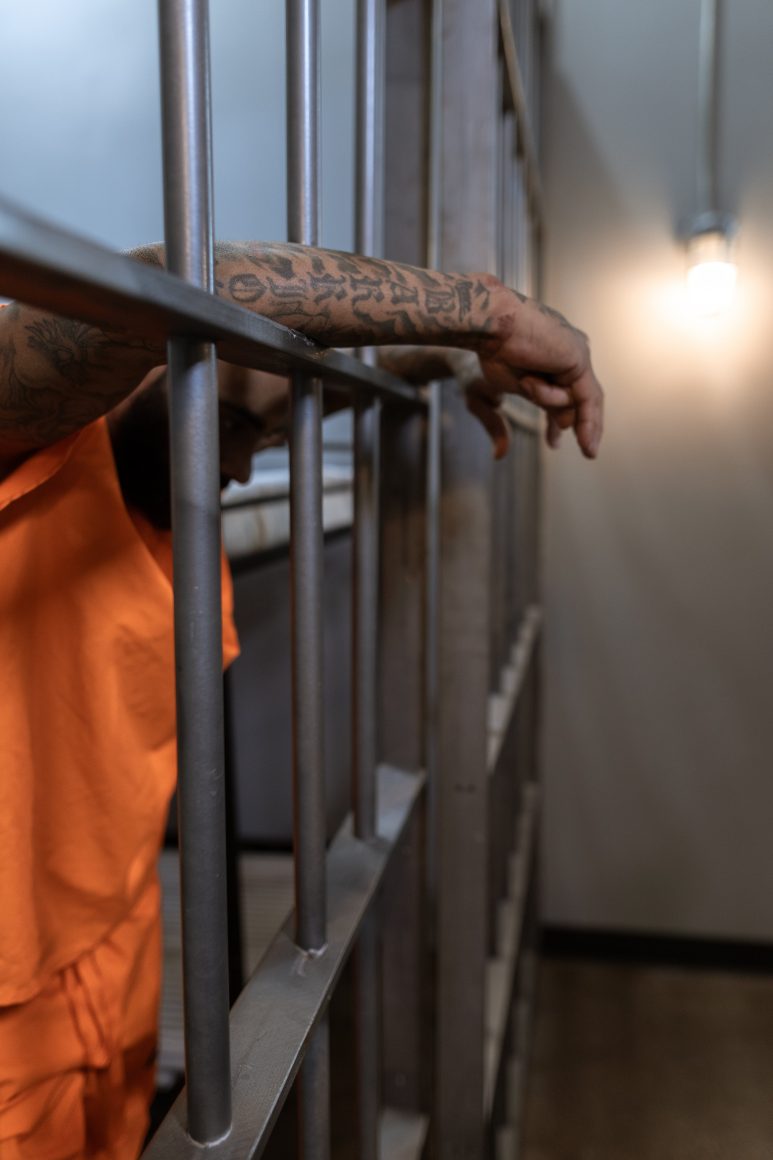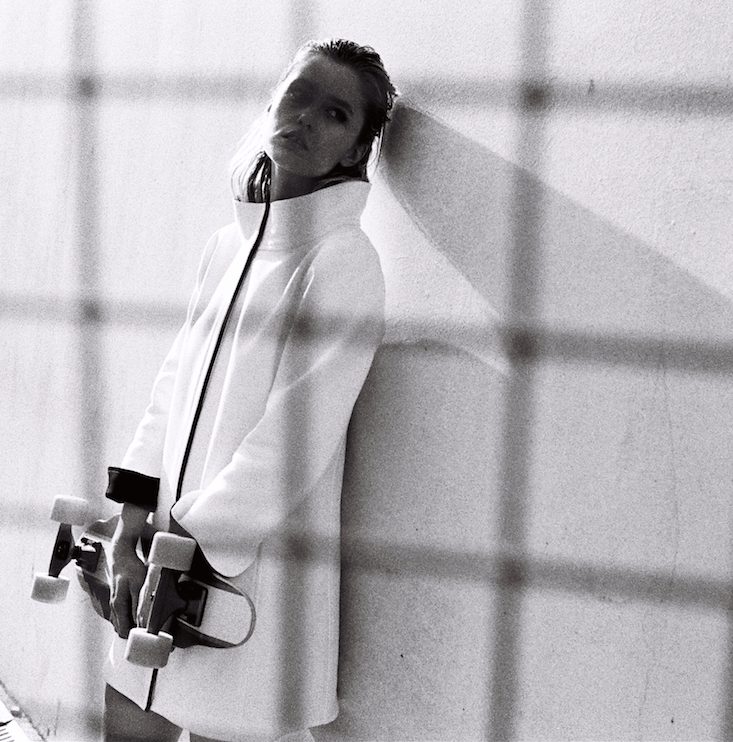In today’s digital age, the over-power of trolls and haters has become a ubiquitous phenomenon that threatens the quality of online exchanges.
These individuals, often anonymous, exploit freedom of expression on the Internet to spread hatred, sow discord and disrupt civilised dialogue. This rise in power raises concerns about the impact on society, democracy and the mental health of online users.
The power of anonymity
One of the main reasons for the over-power of trolls and haters is the anonymity offered by the online space, particularly on Twitter. Behind pseudonyms and avatars, these individuals feel free to vent their anger without fear of the real consequences of their actions. This creates a toxic environment where empathy and responsibility are often absent.
Social networks as a playground
Social media platforms have become a favourite playground for trolls and haters. The virality of publications and the ease of dissemination mean that their hate messages reach a wider audience, amplifying their negative impact. Recommendation algorithms can also contribute to the formation of echo bubbles, reinforcing extreme opinions.
The effect of misinformation
Trolls and haters not only spread hatred, they also actively participate in the propagation of misinformation. By exploiting the weaknesses of online platforms, they spread false information, contributing to the polarisation and confusion of public opinion.
Consequences for mental health
The over-power of trolls and haters has significant consequences for the mental health of their victims. Constant online attacks can lead to anxiety, depression and even more serious consequences. Platforms must take steps to protect their users and combat cyberbullying.
Impact on democracy
In a political context, the over-power of trolls and haters can have a serious impact on democracy. Disinformation campaigns aimed at influencing public opinion can compromise the democratic process by confusing voters and undermining confidence in institutions.
Possible solutions
To counter the over-power of trolls and haters, a multi-dimensional approach is needed. Platforms need to strengthen their moderation policies, use more sophisticated algorithms to detect and remove hateful content, and encourage a more positive online culture. Users also need to be educated on how to recognise and report online harassment.
In conclusion, the over-power of trolls and haters is a major challenge in the digital age. To preserve the quality of online interactions, protect the mental health of users and safeguard the foundations of democracy, collective action is essential. By working together, platforms, legislators and users can help make the online space safer, healthier and more respectful.



























Follow us on Instagram